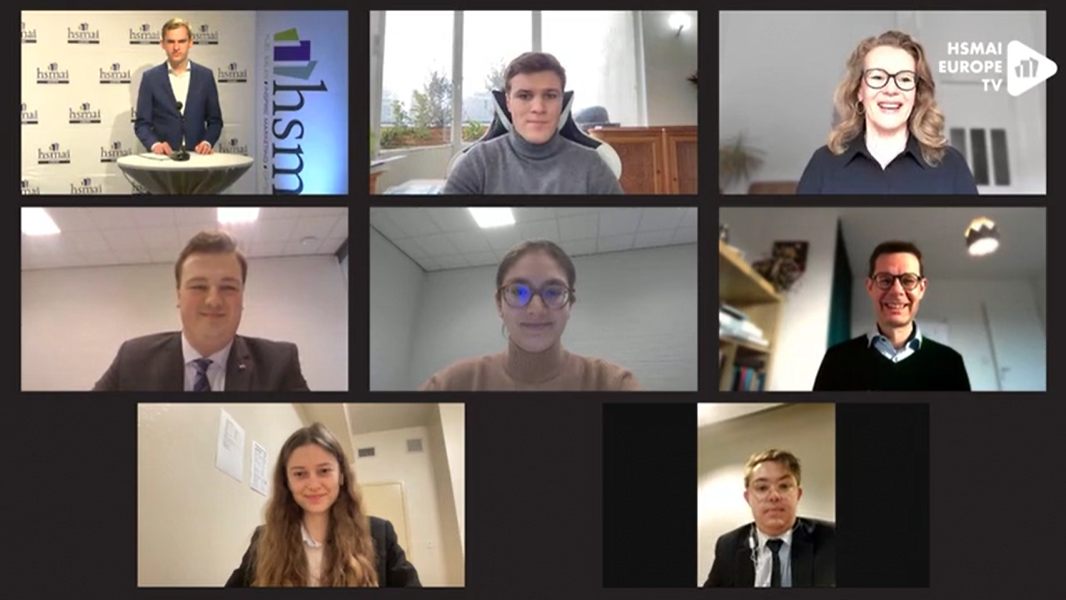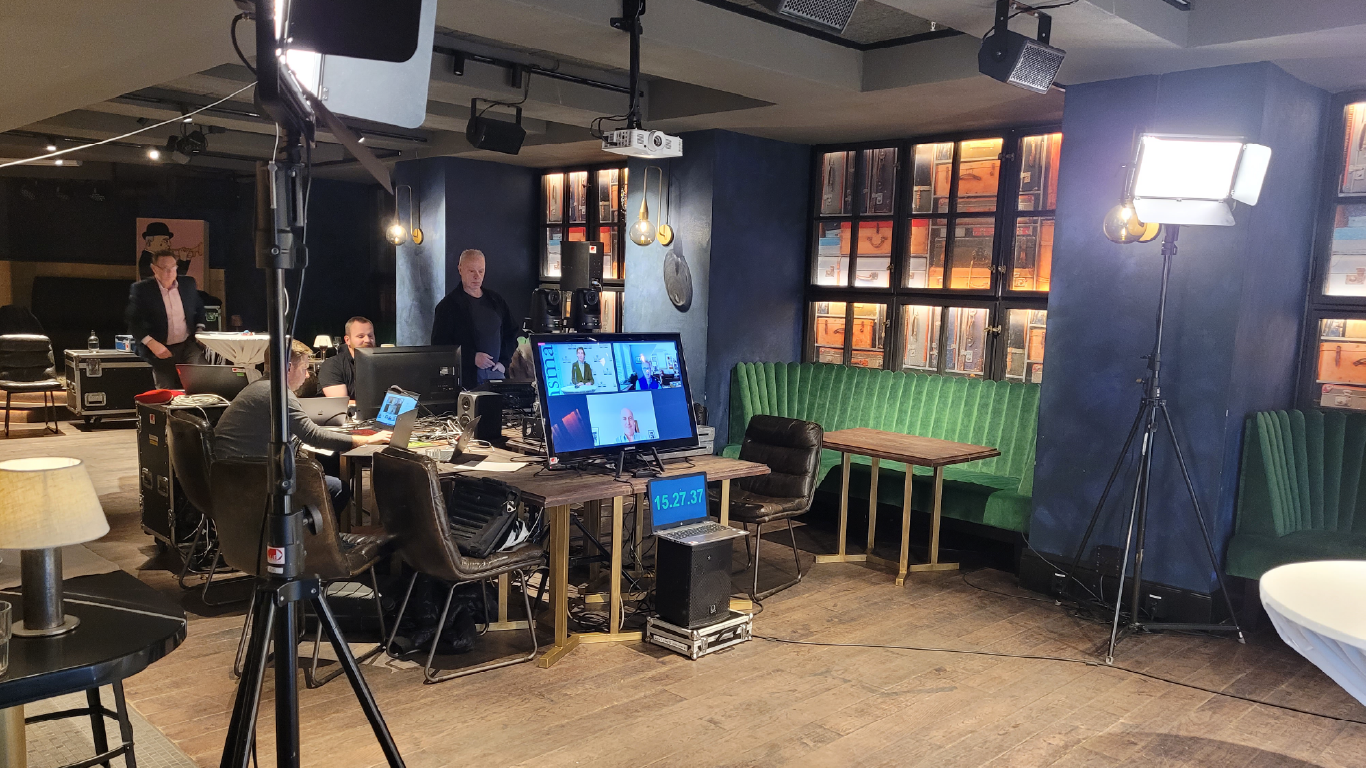Let’s Talk Revenue
With travel restrictions lifting across some parts of the world and signs that business can begin to get back on track to pre-pandemic levels, there is good reason for our industry to feel optimistic in 2022. But how have other hotels fared during the challenging times and where do they feel future opportunities lie to boost revenue? Here are some of the highlights from the discussion that took place with Amanda Elder, Paul Proctor and Jonathan Liu.

Terence Baker
Moderator of panel and Senior Reporter, Europe
Hotel News Now

Amanda Elder
Chief Commercial Officer
Kempinski Hotels

Paul Proctor
Vice President, Commercial Europe
IHG Hotels and Resorts

Jonathon Liu
Director of Revenue and Marketing Strategy
glh Hotels
During pandemic and recovery – on decrease or increase of room rates
AE: “We thought there is no real point in dropping rates – this was a very important activation on our behalf from the get go. …To get in some ugly war with any of our great competitors in any of the cities, simply didn’t make sense. For the UAE market – there was natural supply and demand. Our company took a view to hold rates so when the rebound came there wouldn’t be a shock and we also had market conditions that effectively made that possible.”
PP: “This was not an economic issue, broadly speaking there is liquidity. And people still had cash, so it wasn’t about having to reduce rates. There was a lack of demand because of travel restrictions. What we did see because of closed borders, was an incredible growth in domestic leisure – particularly countries in Northern Europe. And with compressed demand here, it then has raised rates.”
JL: “We really focused on a sense of value for the customer – and as part of that we still have a number of hotels closed. We deployed our staff from our closed hotels to our open hotels to ensure we still have full services and full customer experience and by focusing on giving that customer experience, we’ve able to keep our rates where they need to be and build on that. By really looking after the customer, this allows them to come back.”
On working with other departments in revenue management (loyalty marketing)
AE: “It’s absolutely hand in glove and really [for our brand]there is no round table where all the specialties aren’t sitting together and constructing the way forward together. Revenue management cannot be about departments separated from the rest of the arms from the commercial decision making. No silos.”
JL: “Our revenue management are working hand in hand with marketing to look at the search data, to analyse what the customers are doing. “
PP: “I agree and not only removing silos, but for us with all the diverse countries we are operating in, lifting and shifting knowledge across the globe has been a huge benefit for the business.”
On Flexibility rates/cancellation Policies
AE: “We had to offer flexibility and understanding. We got through the period and were very flexible with our cancellation policies, and our guests were appreciative. However, we do have to be careful going forward and it may be that for guests wanting the flexibility they will have to pay a premium rate.”
PP: “I think there will always be a place for pre-purchase advance rates. I am curious to see the future relationship with loyalty and flexibility. So let’s say I become a basic member of a loyalty scheme, there could be some stricter terms and conditions but if I am at the premium level, like the airlines, there is full flexibility. I also think the days of static corporate rates are going – certainly the majority of our customers are wanting to go to a dynamic rate model.”
JL: “We are trying to diverge slightly and seeing that flexibility is important to people, keep that flexibility on our direct channels – to be able to offer a modification or an advance purchase and then really keep to the rules when we are going through other distribution channels. And trying to encourage the behaviour to become more direct rather than going through indirect channels.”
On future opportunities – the MICE market
AE: “We are ready to go, go go – so please let’s get this segment back! We all need it. I think the guests want to meet – I don’t think there is a concern about meeting. I think it’s just the protocol ahead of it such as lateral testings, vaccination certificates. The MICE industry will definitely change and come back when the severe protocols are far more flexible. Pricing for Meetings and Incentives haven’t changed for us – we want to welcome those groups back. From a Kempinski point of view, we will really celebrate when it is back.”
JL: “We have seen a surge in smaller meetings as teams are coming back together and new people in teams that have never met face to face. The other element we are seeing is social – so weddings that haven’t happened for the past two years. In the past we would have weddings on Fridays and Saturdays. but we are now taking bookings for mid-week because people need to get that space in and there’s not that many venues.”
PP: “People have been working from home across the globe, and that will continue in some form. Flexible working is here to stay. What does that mean for the MICE market? There will be more get togethers, more meetings in properties because there is a lack of social connection – that corridor DNA in the offices. We see the market very positively and what we are seeing at the moment is smaller meetings and groups. Once we are past Easter, I think we will see some serious shift in the segment.”



























